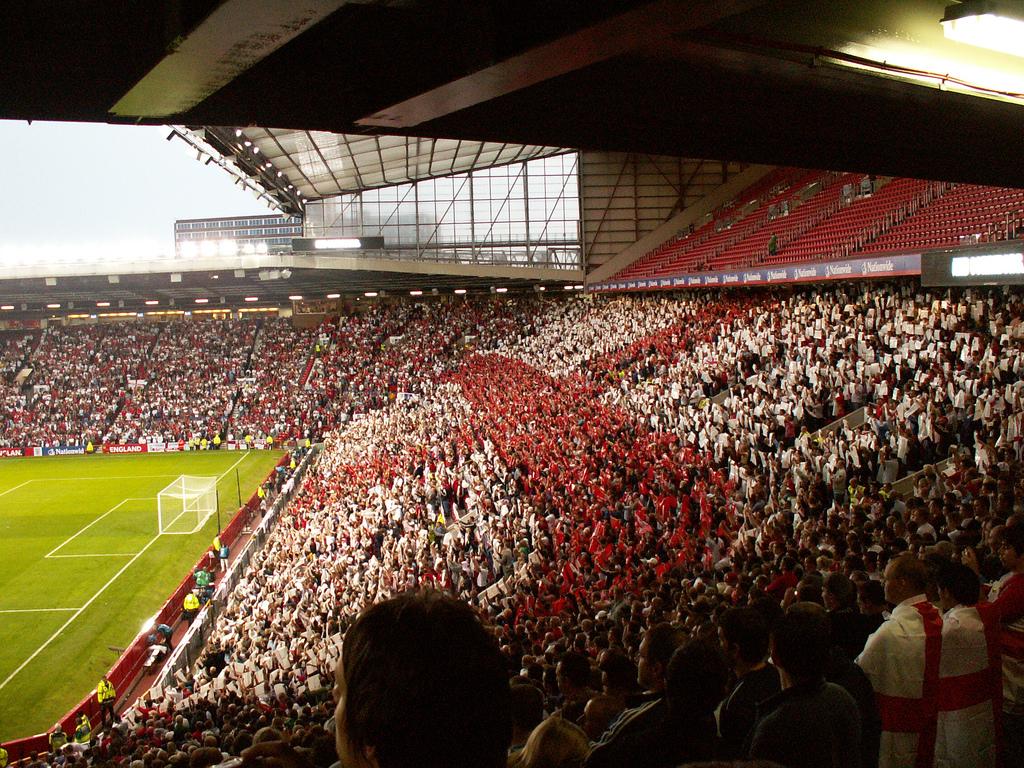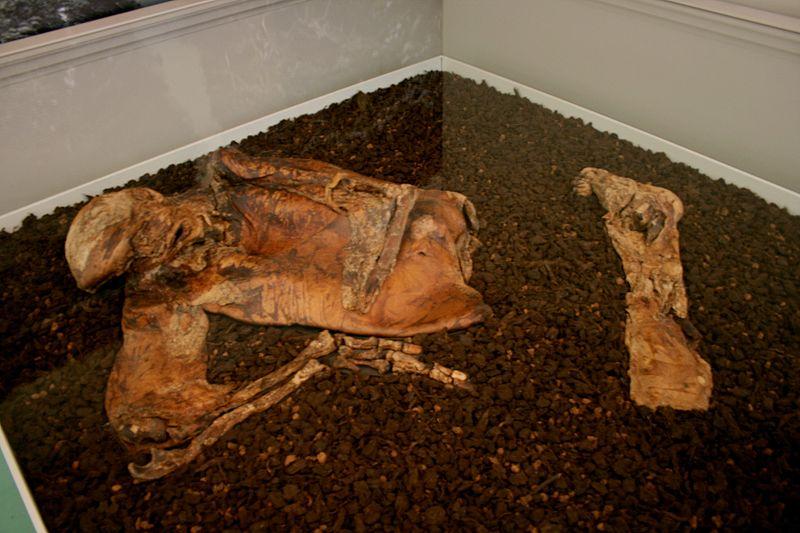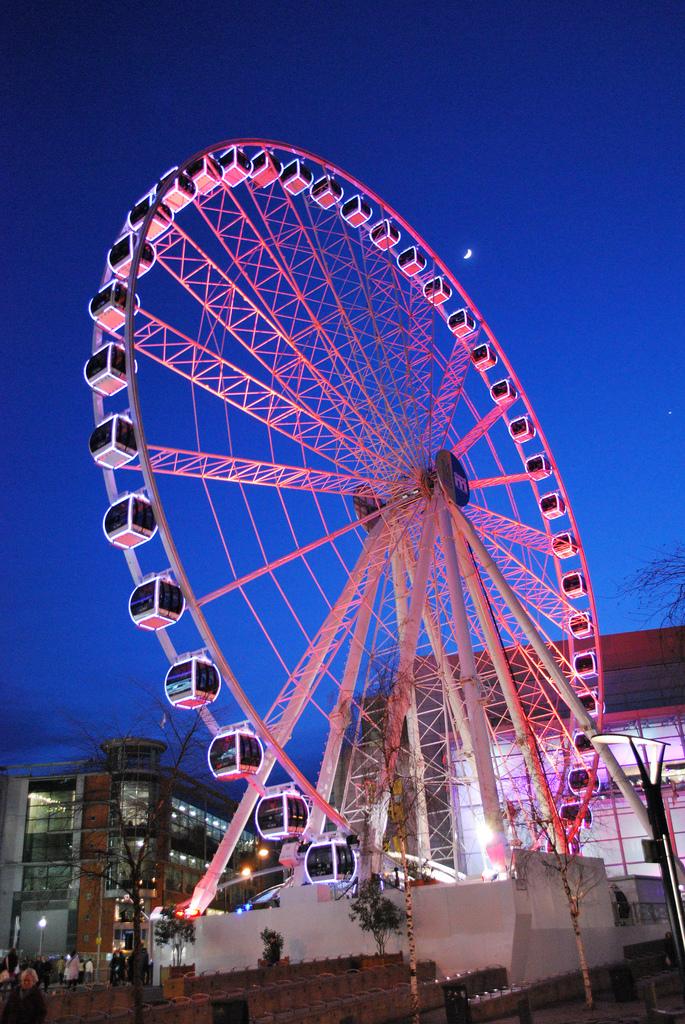Manchester


Manchester can trace its roots a long way back in history. A 2000 year old Celtic inhabitant, a moss man, was found 25 years ago in the outskirts of the city. In 2009, the Lindow Man (picture), as he is commonly called, revisited Manchester. This time he was displayed at the Museum. Later on the Romans paid the city a visit. Actually place names ending in chester or caster are derived from the Latin word castrum which indicates that there has been a Roman fort at the place.
Due to its abundant coal reserves and its location by the river Mersey, the city soon became the hub of the Industrial Revolution. The city can boast one of the first textile mills, and Stephenson’s locomotive, the Rocket, was launched from the world’s first railway station. The cotton industry was massive and held its leading position until the 1960s when the decline started with the closing of coal mines and mass unemployment in the once so thriving industry.

However, Manchester has risen from the ashes! Today the city is big in business, banks, insurance agencies, high-tech industries, and not to forget – football! According to a poll in 2007, Manchester United can boast 90 million fans worldwide and its home ground, Old Trafford, can host 76,212 of its “addicts”. The stadium is commonly called the Theatre of Dreams. If you want to know why, you should take the virtual tour on the club’s website: Manchester United Football Club
Manchester now appears as a modern city with a multicultural population and students from all parts of the world flock to Manchester to study business, economics, sports, art and culture at the numerous universities and colleges. This new and modern city has a lot to offer for all tastes.
Comprehension
Make questions to the following answers.
- A 2000 year old Celtic moss man.
- A Roman fort was located there.
- Its location by the River Mersey and nearby coal mines.
- The cotton industry.
- Until the 1960s.
- Business, banks, insurance agencies, high tech and football.
- The Theatre of Dreams.
- Students from all parts of the world.
- The latest attraction and symbol of the modern city.
Listening
Listen to a taxi driver from Manchester telling what he thinks are the city's biggest attractions.
Manchester cab driver interview
- Make a list of the places he mentions. Which place is the most popular?
- What does he think of tourists?
- How does he like his occupation as a taxi driver?
- Why does he describe Manchester as a hectic city?
- What other information does he give about Manchester? (clue: inhabitants, colleges and universities)
Presentation
Choose one of the sights mentioned in the text or in the listening exercise and make a short presentation. Find a picture of the site and use that as a basis.
Project
You are going to visit Manchester for three days and need to plan how you will spend your time. In small groups, plan what you would like to see and do and then present your plan to the class. Include information about:
- where to stay
- eating
- sightseeing
- shopping
- what to do in the evening
Use websites such as Visit Manchester for information.